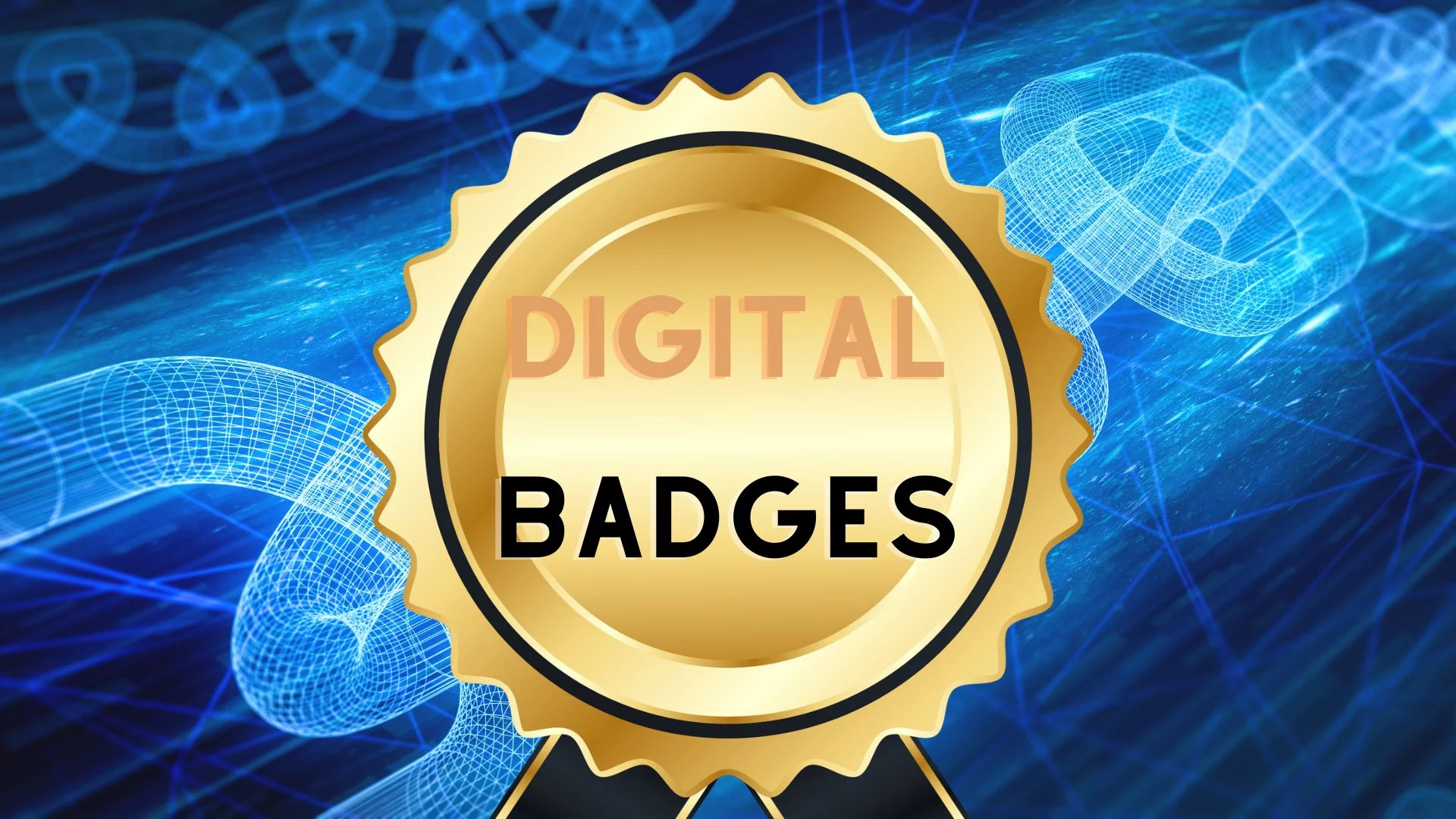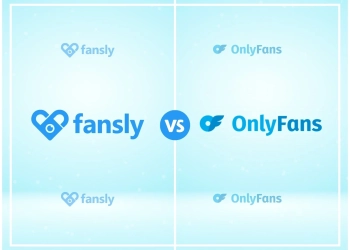In the ever-evolving landscape of education and professional development, traditional credentials are facing challenges. The demand for more flexible, accessible, and verifiable methods of recognizing skills and qualifications is on the rise. Enter blockchain digital badging, a dynamic duo combination poised to revolutionize the credentialing system in the USA and beyond.
The Current Credentialing Landscape
For decades, academic degrees, certificates, and diplomas have served as the primary means of verifying an individual’s qualifications. While these traditional credentials still hold significant value, they have limitations. They can be time-consuming and expensive to obtain, and their static nature makes it challenging to keep them up-to-date with rapidly changing skills and knowledge.
Moreover, employers and institutions often struggle to verify the authenticity of paper-based credentials, leading to inefficiencies in recruitment and admissions processes. This is especially problematic in a world where remote work and online education are becoming increasingly prevalent.
The Promise of Digital Badges
Digital badges are emerging as a promising alternative to traditional credentials. These digital representations of skills and achievements are more versatile and dynamic. They can include detailed information about the issuer, the criteria for earning the badge, and evidence of the recipient’s proficiency.
One of the most significant advantages of digital badges is their portability. They can be easily shared on professional networking sites, social media, and online portfolios, allowing individuals to showcase their skills to a broader audience. Furthermore, digital badges are not limited to educational institutions; they can be issued by employers, industry associations, and even online learning platforms.
The Blockchain Advantage
What sets digital badges on blockchain apart is their immutable and tamper-proof nature. Blockchain technology, which underpins cryptocurrencies like Bitcoin, ensures that once a badge is created, its data cannot be altered or deleted. This feature guarantees the authenticity and integrity of the badge.
In the USA, where trust and verification are critical in the credentialing process, blockchain technology offers a game-changing solution. Employers and educational institutions can instantly verify the legitimacy of digital badges, streamlining hiring and admissions processes. This not only saves time and resources but also reduces the risk of credential fraud.
Use Cases in the USA
Several universities and organizations in the USA have already embraced blockchain-based digital badge platform:
- MIT has partnered with Learning Machine to issue blockchain-based digital diplomas. This initiative allows graduates to have secure and easily verifiable access to their credentials.
- IBM has developed the Open Badge Passport, which uses blockchain technology to create a digital resume of an individual’s skills and achievements. This platform enables users to share their badges with potential employers, making it easier to match job seekers with job opportunities.
- Community colleges in several states, such as Colorado and North Dakota, have adopted digital badges to recognize and validate students’ skills. These badges help students stand out in the job market and demonstrate their competencies to employers.
Challenges and the Road Ahead
While blockchain-based digital badges offer many advantages, they are not without challenges. Establishing a widely accepted standard for badge design and verification is crucial. Additionally, ensuring data privacy and security in a blockchain-based system is a priority.
However, as more institutions and organizations in the USA adopt this technology, these challenges are gradually being addressed. With the potential to democratize credentialing and provide equal opportunities for all, blockchain’s role in the credentialing revolution is promising.
Conclusion
The credentialing revolution is well underway in the USA, and blockchain-based digital badges are at the forefront of this transformation. With their ability to offer verifiable, portable, and tamper-proof evidence of skills and qualifications, digital badges are making it possible for individuals from all walks of life to showcase their talents and open doors to new opportunities. As the adoption of this technology continues to grow, we can expect to see a more inclusive and efficient credentialing system that benefits everyone.















